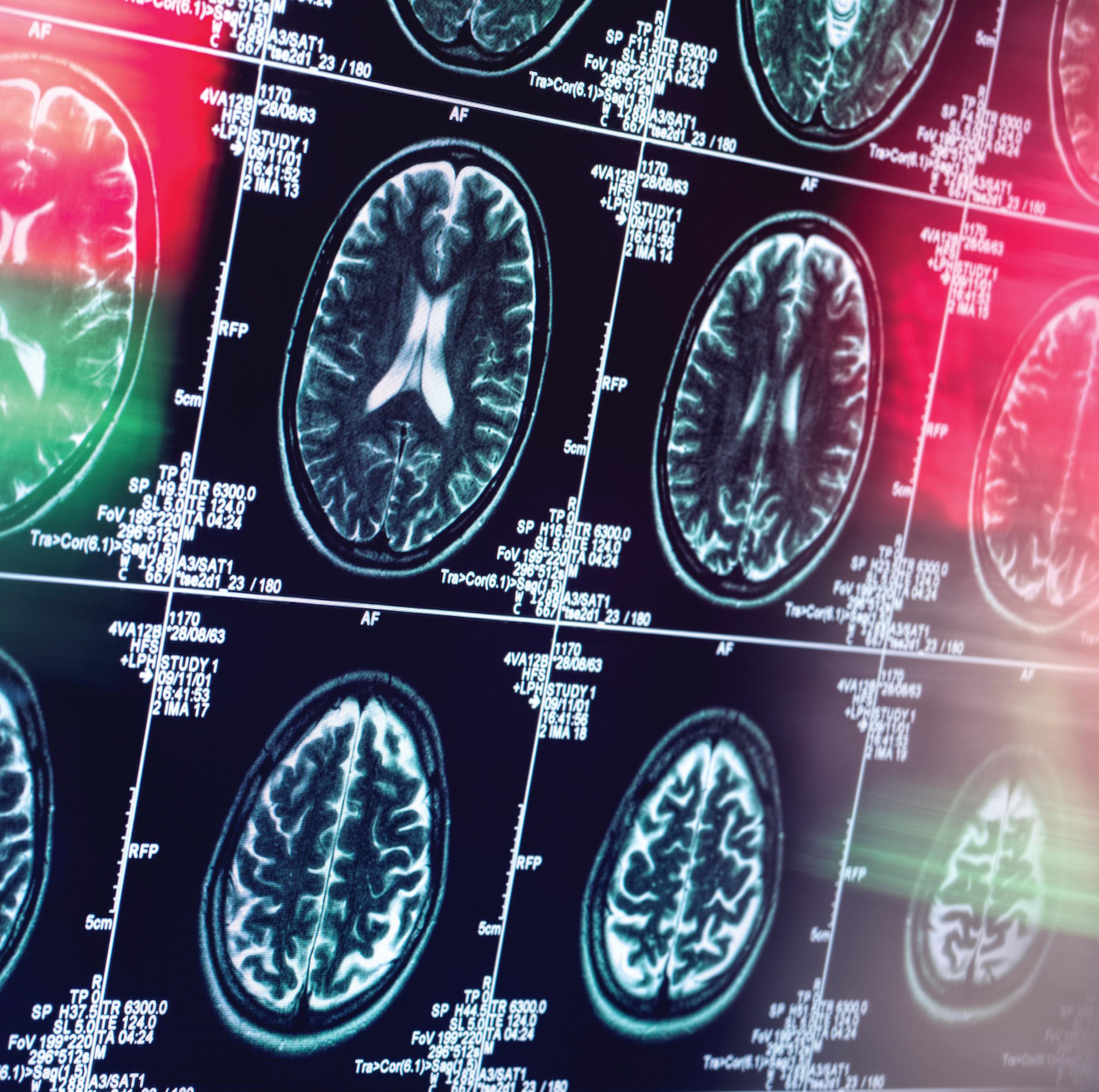
4 minute read
SPECIALIZED CARE FOR PARKINSON'S DISEASE Rani Athreya
SPECIALIZED CARE FOR PARKINSON’S DISEASE
THE ONLY MOVEMENT DISORDERS SPECIALIST IN WESTERN MASSACHUSETTS, RANI ATHREYA, MD, PROVIDES PERSONALIZED CARE FOR PEOPLE WITH PARKINSON’S DISEASE.
RANI ATHREYA, MD, was doing her residency in Neurology at State University of New York when she became intrigued by patients with movement disorders, particularly Parkinson’s disease (PD). “Though not life-threatening, Parkinson’s is a life-changing disease for patients and their families,” says Dr. Athreya, who then completed a Movement Disorders Fellowship at UMass Medical School.
The only Movement Disorders specialist in Western Massachusetts, Dr. Athreya currently provides care for more than 3,000 patients with PD. “There are about 1 million people living with Parkinson’s disease in the United States, and as the population ages, the number of people with Parkinson’s is increasing,” says Dr. Athreya. PD occurs when nerve
cells in the brain that control movement stop working—causing tremors, stiffness, slowness, and walking and balance problems.
RECOGNIZING SYMPTOMS
“During my early years in practice, I realized sleep disorders were an integral part of Parkinson’s disease and decided to also specialize in Sleep Medicine,” says Dr. Athreya. In addition to sleep medicine, Dr. Athreya is board-certified in psychiatry and neurology and is a member of the American Academy of Neurology, the International Parkinson and Movement Disorder Society and the Massachusetts Medical Society. She’s the Medical Director of Holyoke Medical Center Neurology and Sleep, formerly Pioneer Valley Neurology and Sleep, which she founded in 2012. Along with sleep and movement issues, people with PD may experience constipation, depression and fatigue, according to the American Parkinson’s Disease Association (APDA).
“When I started my own practice, my goal was to provide all management strategies for Parkinson’s disease and the other movement disorders,” says Dr. Athreya, who also treats ataxia, dystonia, essential tremor, Huntington’s disease and Tourette syndrome. “I’ve been in the field for 20 years, so I have a large following of patients. Because it’s a slowly progressive disease, many of my Parkinson’s patients have been with me for a long time. I have built strong relationships as I’ve helped patients navigate the challenging Parkinson’s journey.”
DIAGNOSING THE DISEASE
Dr. Athreya says she and her staff, which includes Kristie Harrington, FNP, and Jooyun Shin, FNP, use a family-centered approach. “Parkinson’s is a difficult disease that changes how the entire family lives as a person gets less mobile,” she says. While a general neurologist may be skilled at identifying PD, the APDA recommends consultation with a movement disorder specialist such as Dr. Athreya to avoid misdiagnosis. Diagnosis is based on a patient’s medical history, a review of signs and symptoms, and a neurological and physical examination. Lab and imaging tests and genetic testing also may be done.
“Once we’ve made a diagnosis, we educate patients and families so they fully understand the disease and can plan for the future,” says Dr. Athreya. “We connect patients with local support groups to help them better manage the physical and mental challenges posed by this chronic disease. In addition to PD education, healthy eating and targeted exercise therapies, various medical treatments are available, including medications and Botox injections to help alleviate symptoms."
At Holyoke Medical Center (HMC), patients also have access to physical therapy for balance and stretching, speech language pathology to improve speech problems and occupational therapy for daily tasks.
PD has gained public awareness through well-known figures like actor Michael J. Fox, who created a foundation to accelerate treatments. Actor Alan Alda, diagnosed with PD more recently, has shown that life can be lived vibrantly with PD. “Movement helps,” he says. “Walking, biking, treadmills. I move to music. I take boxing lessons from a guy trained in Parkinson’s therapy. I do a full workout specifically designed for this disease.”
INNOVATIONS IN TREATMENT
Though there is currently no cure for PD, researchers are working to better understand the disease—identifying genes and biomarkers linked to it and experimenting with new therapies. Dr. Athreya is enthusiastic about the many promising treatments available for her patients.
“Some innovations I'm particularly excited about include deep brain stimulation (DBS), in which electrodes are surgically implanted in the brain to regulate abnormal activity, and focused ultrasound treatment for tremors and Parkinson’s,” she says. “The Duopa Dopamine pump, which dispenses medication directly to the small intestine, and INSPIRE, an implantable device that stimulates the airway for sleep apnea patients, have both shown great results.”
Dr. Athreya says patients with movement disorders receive the same caliber of care at HMC as they would at an academic medical center in Boston. “We offer every treatment available for Parkinson’s disease close to home in a personal community hospital.”
MEET THE TEAM
Rani Athreya, MD
Kristie Harrington, FNP
Jooyun Shin, FNP
✱Holyoke Medical Center Sleep and Neurology has two locations: 100 Wason Ave, Suite 360, Springfield, and 10 Hospital Drive, Suite 103, Holyoke. For more information or to make an appointment, call 413.736.1500.






